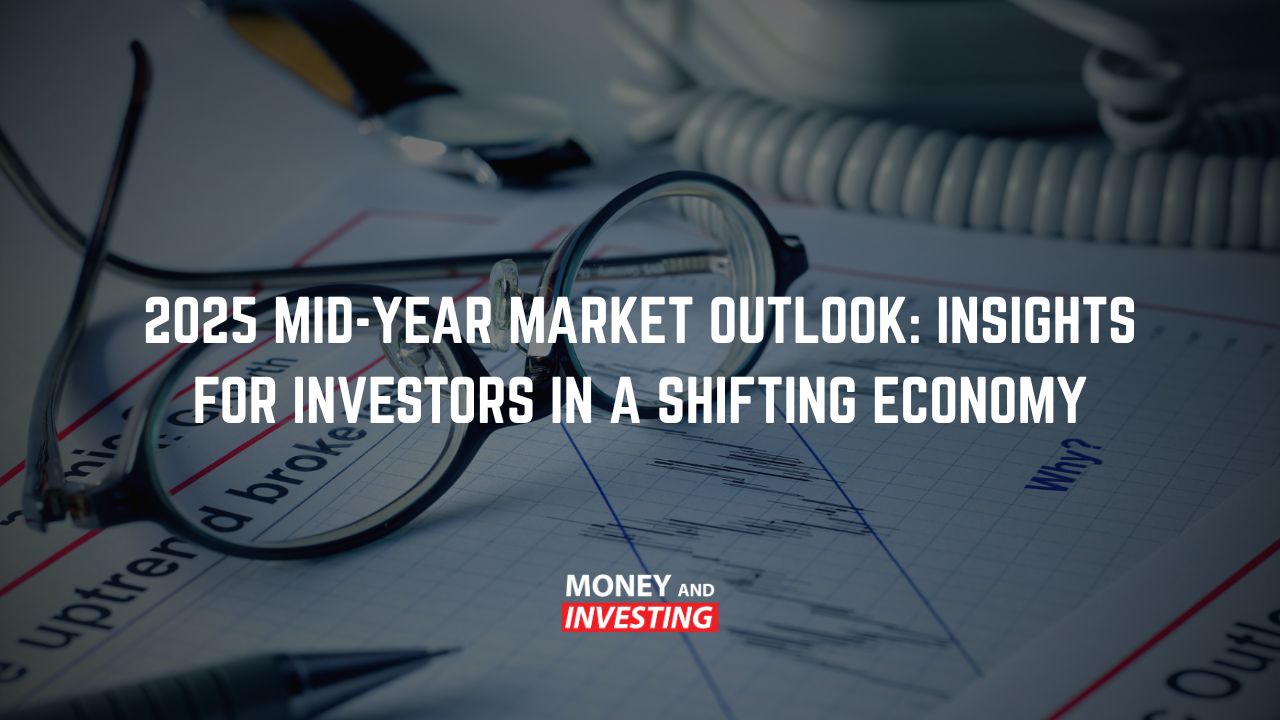The recent sell off in markets has given investors an opportunity to invest more cheaply in a range of different areas. The question is – where should we spend our money? Join us for this week’s episode to hear more.
Price vs Value
When we see stocks tank, naturally we believe that we are getting a discount on that stock and should buy in. The issue is that price and value are 2 different things – just because something is cheaper than it was does not necessarily mean that it is good value. Even though the stock price might have fallen 20% or whatever it may be, this alone is not reason to suggest that it won’t keep falling and so we need to be a little bit more thrifty when deciding what stocks to add to our portfolio. To ensure we are making prudent decisions, Host Andrew Baxter likes to follow the rule of 3. Just as in rock-climbing, having three points of contact is vital for stability and this is no different in our trading and investing.
We can never simply rely on one factor to urge us into buying something and must include other considerations into our investment decisions. Another important consideration when thinking about buying a stock after a sell off is the reason for the stock selling off. Was it a broad market drop? Was it a stock specific sell-off? As the saying goes – if it were easy everyone would do it, so before making any investment decision make sure you are well-informed.
Buying on Valuation
Analysts routinely turn to valuation and debate the relative merits of overvaluation, fair value or undervaluation. There are countless valuation models that can be used for investing from price to earnings ratio to forecasted earnings growth, however Host Andrew Baxter suggests using these while also “looking out the window”. Though every forecast might tell you that it will not rain over the next week, we all know that one day we can wake up and it will be raining cats and dogs. Once again, the same is true for investing. Though the stock may now be deemed good value by some analysts, we need to think about the economic factors impacting the stock and if it is really good value in the market conditions right now.
Valuation may enable us to recognise some preliminary opportunities, but we must always be cautious of the environment we are in and what makes price tick.
The Importance of Quants
Quantitative analysis has some different definitions depending on where you look. In this podcast, we will be discussing measures of volatility when we talk about quants. As Host Andrew Baxter points out, some people like something mild and others may prefer a bit of spice intertwined in their meal. The same is true when it comes to volatility in investments. Some are more risk-averse and looking to see slow and steady growth in a low risk environment whereas others are willing to risk losses for the sake of potentially greater gains. When trading, volatility should be balanced with the other factors – it would be unwise to rely solely on market fluctuation.When you are investing however, make sure whatever it is you are looking to buy sits within the realm of your appetite for volatility.
A Few Examples
Block has had a major implosion while other growth stocks around it have performed poorly as well. Shedding about 65%, Host Andrew Baxter notes that this does not make it good value but simply better value. Instead of just looking at the change in price, take time to think about the reason the price fell and whether this reason is still relevant. Facebook alike has come down heavily, but it is a very different business to Block. Facebook is a monopoly which makes a large chunk of its earnings from marketing but as we head into a recession, will businesses slow down their advertising? It is possible and might cause some uncertainty for Facebook in the future.
Likewise, the Metaverse has not yet taken off and the market may be a bit wary of how the future of the Metaverse looks amidst the collapse of the cryptocurrency market. Commonwealth bank is also an interesting one to look at. The price of the Aussie big bank has fallen off significantly also, but does this make it good value? Again, a recession could hurt CBA on the housing front, but their margins will increase in a higher interest rate environment. As a well run and the biggest bank of Australia, perhaps CBA is worth considering.



